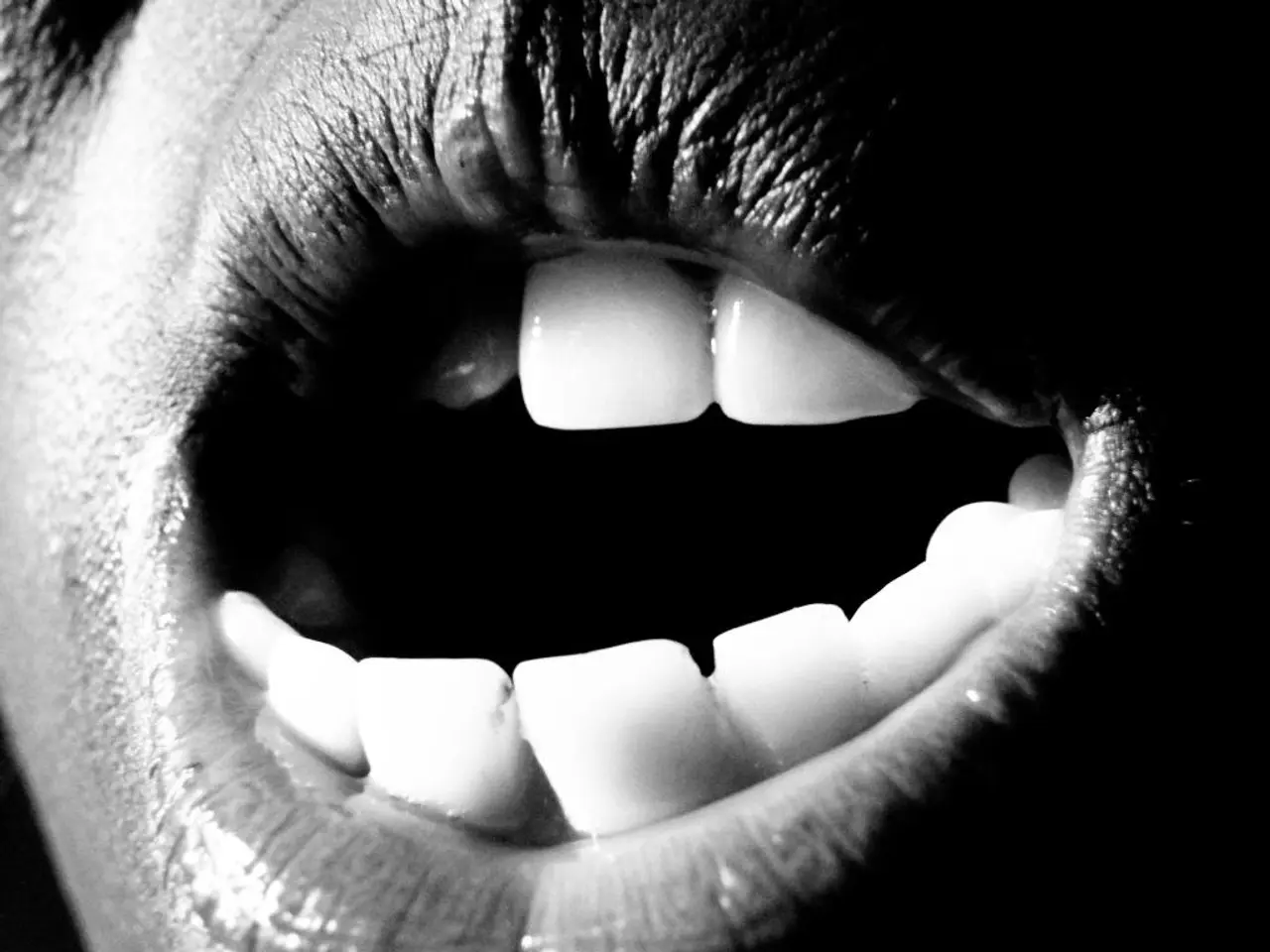Ice Cravings in Anemia: An Explanation
Iron-deficiency anemia, an inherited blood disorder, is characterized by an abnormally low number of red blood cells in the body. This condition, which leads to insufficient oxygen transport due to low hemoglobin levels, has been linked to a compulsive craving to eat ice, a phenomenon known as pagophagia.
Pagophagia, a form of pica, is the regular consumption of large amounts of ice. While this behavior seems harmless to digestion, it can cause dental issues like tooth fractures and enamel damage. The correlation between pagophagia and iron-deficiency anemia is not fully understood, but it is strongly observed and supported by clinical studies.
One theory suggests that chewing ice may temporarily improve blood flow to the brain, enhancing alertness and mental clarity, which can be impaired by iron deficiency. This short-term stimulation could alleviate the cognitive symptoms linked to anemia.
Research has shown that a significant portion of people with pica have anemia, approximately 81%, highlighting a strong association between the craving for ice and iron deficiency. Furthermore, this craving tends to resolve when iron levels return to normal, further supporting the link.
In summary, iron-deficiency anemia causes low hemoglobin and reduced oxygen transport. Pagophagia may stimulate blood flow to the brain, temporarily relieving cognitive symptoms linked to anemia. The craving usually disappears upon correcting iron deficiency, and the exact biological mechanism is still being studied.
It's important to note that increasing iron intake in the diet and daily supplements are enough to resolve and reverse iron-deficiency anemia, making the pagophagia disappear. However, it's still unknown why iron-deficient people may crave ice, or why most cases of pica develop in general.
This correlation between iron-deficiency anemia and abnormal ice cravings was first observed in a study published in Annals of Internal Medicine in 1968. While the theory that people with pica compensate for a nutritional deficiency in their diet is outdated, it's theorized that some individuals with iron-deficiency anemia feel compelled to satisfy their need to chew on crunchy, icy things. Some ice eaters may find relief in the cooling effect that the ice brings to any mouth inflammation or fissures symptomatic of iron-deficiency anemia.
In conclusion, understanding the link between iron-deficiency anemia and pagophagia is crucial for early detection and treatment of iron-deficiency anemia. If you or someone you know is experiencing symptoms of iron-deficiency anemia, such as tiredness, dizziness, and easily fatigued feelings, it's essential to seek medical advice.
- Evidence suggests that chronic kidney diseases and other medical-conditions that lead to iron-deficiency can cause abnormal cravings like the compulsive desire to eat ice (pagophagia) due to the low hemoglobin levels.
- It appears that fitness-and-exercise routines and a well-balanced nutrition plan, which provide essential iron, can help manage and even reverse iron-deficiency anemia, thus mitigating the urge to consume ice.
- Research in the field of psychology and health-and-wellness suggests that the craving for ice could be a coping mechanism for those with iron-deficiency anemia, offering temporary relief from cognitive symptoms and dental issues often associated with this condition.
- The study of space science and various medical-conditions illustrates the complex interplay between iron levels, mental health, and nutrition, as seen in the significant connection between chronic-diseases like anemia and chronic-kidney-disease and the development of abnormal eating habits.
- The correlation between iron-deficiency anemia and chronic-kidney-disease has sparked extensive research on the underlying biological mechanisms, aiming to uncover possible causes and find preventive measures for both conditions, including the strange case of ice cravings.




